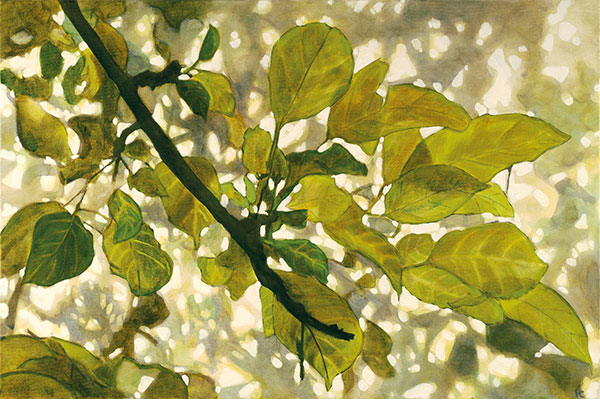You think that a wall as solid as the earth separates civilisation from barbarism. I tell you the division is a thread, a sheet of glass. A touch here, a push there, and you bring back the reign of Saturn.
John Buchan, The Power-House
What is government for? What is justice? What is political authority?
This past week, Christians around the world celebrated Epiphany, the feast commemorating Christ’s revelation to the nations, and the nations’ beginning to learn to honor him as their King.
The other thing that’s happened is that rioters stormed the US Capitol building on Wednesday afternoon in protest of the US election result. Two pipe bombs were set off; guns were drawn in the Senate chamber. One woman was shot and killed by a police officer, another officer has since died from injuries suffered by the crush of the mob.
I don’t think it’s over. The Capitol building is secure (or, I guess, as secure as it was before the break-in), the rioters have, it seems, mostly gone home, but I don’t think it’s over. It feels, rather, like the beginning of an uneasy interim, or, perhaps more accurately, the next phase of the moral rot long simmering in our cultural relationship with authority.
In the next few weeks on Breaking Ground, we’ll be asking some very basic questions about political order, the nature of authority and law, and the meaning and purpose of government. In America’s case, we are, among other things, a project of civic republicanism that optimistically extends the franchise to as many as possible, to draw as many as possible into the honorable office of citizen. There are other ways to organize a government; this is our way.
To live well together, it seems always wise and now urgent to think about these questions at the deepest level. What is government? What does it have to do with God’s own judgment? What are the ideas on which contemporary republican democracies are based, and do they build a strong enough house by themselves to shelter a good polity?
This symposium was kicked off yesterday with a lead essay by the eminent political theologian and Anglican priest Oliver O’Donovan; future contributors, in conversation with O’Donovan, include Anthony Barr, Brad Littlejohn, Marc Barnes, and others. “The fabric of common speech that binds us together is vulnerable,” O’Donovan reminds us, and asks, “What recourse do we have when we face a breakdown in political discussion, when everyone speaks to themselves and nobody listens?”
It is a question with a plaintive sound today, but he does not mean it plaintively. “We speak to one another,” he says,
because we have first been spoken to. We make laws and regulations because a law has first been given us. We form institutions to enact decisions because we have been entrusted with a task, that of judging the right from the wrong within our common affairs. Behind the political discourse and the public forms it generates there stands the command of God.
And while I began this newsletter with a quote that I love, I don’t entirely agree with it. It was spoken by the villain of the novel from which it’s taken, not by that novel’s hero. The man is a kind of anarchist Moriarty, and the quote expresses a conviction that lies at the heart of many contemporary ideas of society: that at the ground of reality there is chaos, the war of all against all, and that governments exist to hold this chaos back.
The pieces in this symposium, for the most part, don’t take this liberal view of reality or of politics. But there is an element of truth to it: civilization, humane political civilization, does not make itself. It’s something we do, something we do naturally because we are political animals. But though we do it naturally, that nature must still be cultivated if we are to do it well: nature must be shaped into second nature. This second nature is given to us by historical memory, by education into what we could not learn on our own, and by the prudence that is the fruit of maturity. Our ability to live in this friendship successfully is threatened by the unmaking vacuity of injustice and violence: that is, by the Fall. But it is never completely effaced. It is to remind us of what we are doing when we do politics that we are publishing this symposium.
O God, you have bound us together in a common life.
Help us, in the midst of our struggles for justice and truth,
to confront one another without hatred or bitterness,
and to work together with mutual forbearance and respect;
through Jesus Christ our Lord.
Amen.






